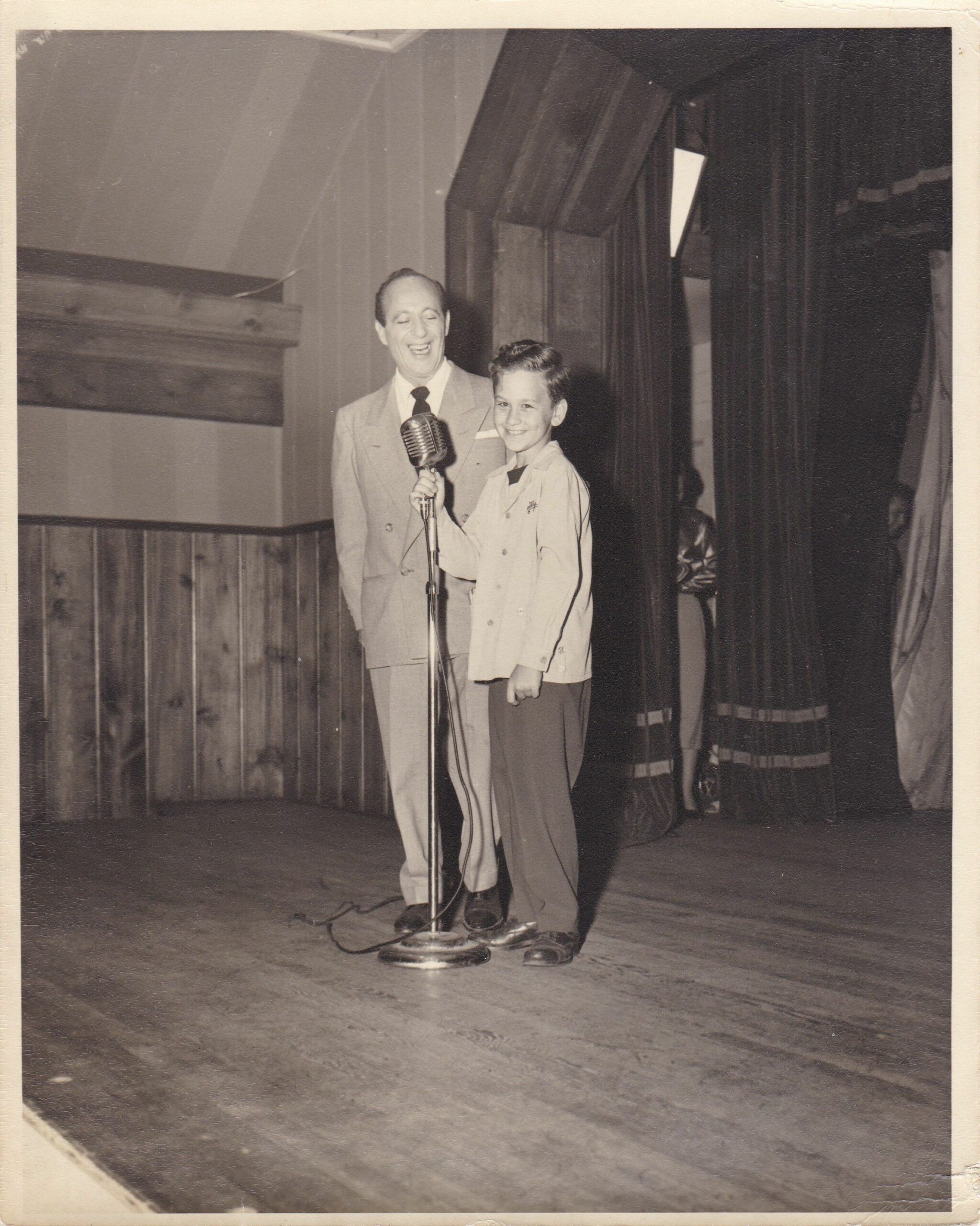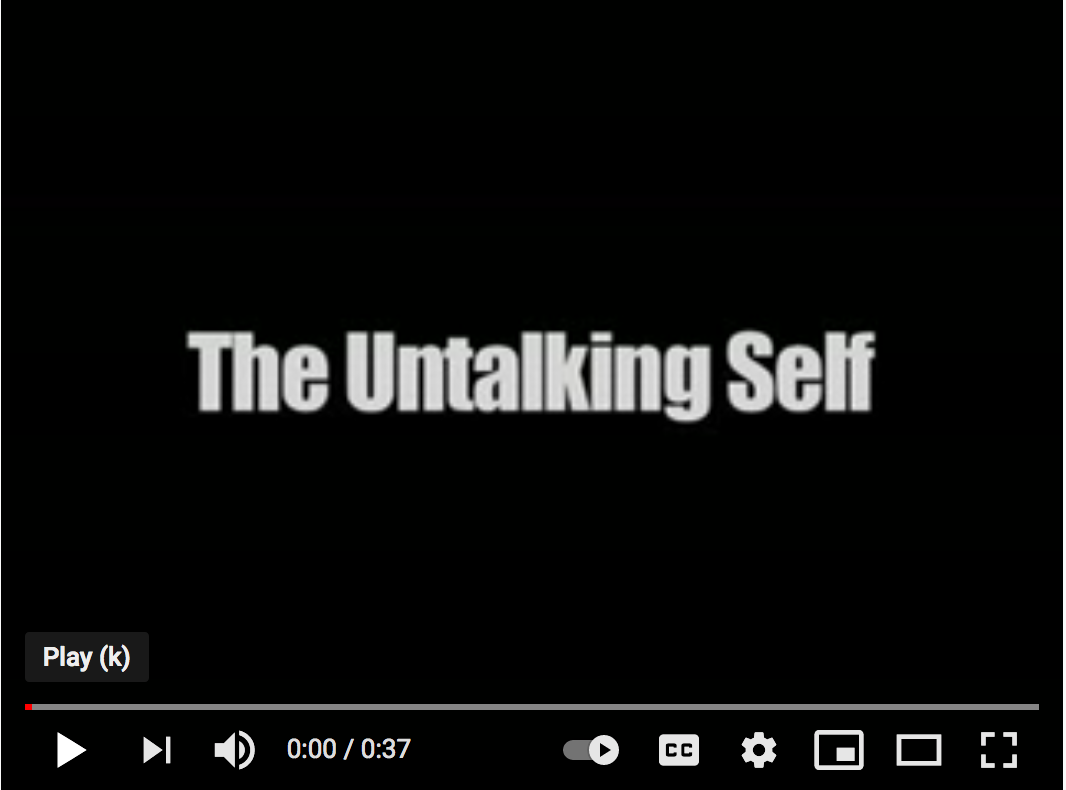Created December 3, 2021
On an average day, what percent of your waking hours are spent in a really good mood?
Let’s try a scientific experiment together to see whether this method can increase that percentage.
The experiment will run from now through whenever you decide the experiment is over.
During the experiment, you’ll try out the method espoused here. What you’ll be looking for is any change in the degree to which your days become filled with good moods.
First, some needed background. The things that bring us down from our really good mood tend to fall into two types:
- Things our conditioned brain classifies as threat vectors.
- Things that our brain sees as annoying irrelevant distractions that are sapping our efforts to deal effectively with the threats.
Our outwardly focused Western civilization tends to leave us with little interest in studying what is going on inside of us from one second to the next. Most of us in the West are used to clumping together everything that goes on in our minds and emotions as one thing.
This hidden assumption gives us no leverage with which to gain inner control. Then, if and when we come to the conclusion that we need to gain control of ourselves, we fall back upon yelling at ourselves in our mind, a strategy with very low success potential.
Although we can chunk our inner experiences into more than two buckets, this method simplifies the inner glory of our existence into just two buckets.
Let’s call one state the Self, and the other state the Ego.
The Self is your “Me That Was Born” – the way you were before you had any experiences outside of the womb. The Self is an experiencer, an entity that has personal subjective experience, both of events within the psyche called qualia, as well as your experience of “external” events. The Self is pure consciousness without an object, until events call the Self’s attention.
The Ego is part of your mind/body/soul’s autonomic nervous system. It is robotic, like a kneejerk. It is the result of your “inner” and “outer” experiences. It is the conditioned neural pathways that have been laid down in your physical brain.
You may not know it yet (until now), but you can be controlled from either place – your Self or your Ego. Your inner feelings and clues can reveal to you in which seat you are sitting at any given moment.
If you are feeling either calmly neutral or positive, taking in what is going on and playing with it for fun or because it’s your passion work, you are in your Self.
The hints that you have been sucked into control by the Ego are anger, fear, irritation, comparison of self with others, tension, wanting something it doesn’t look like you’ll be getting, feeling under time pressure, feeling inadequate or cocky. The list goes on but you get the idea.
The first principle of this method is simply to remember to check the hints to see where you happen to be from time to time during the day and night.
When you start to get really good at this – remembering to check your state often – the easy part is then knowing which state you are in. The tricky part is how to back out of the Ego, and that’s where the method comes in.
The method works best when you can maneuver yourself into being alone for a few minutes. This is the beauty of bathrooms. When else are we allowed to grab a few minutes of alone time?
I see you sitting on the bathroom throne, wearing your clothes. You close your eyes, rotate your shoulders backwards, your back is straight. You check every part of your body for tension and relax it there and everywhere. Breathe deeply and slowly.
Focus on the part of you that is the observer, that doesn’t care what happens. It sounds impossible but that is the real you, your core, your essence. The closer to it you get the less you are attached to what happens with whatever the current threat vectors are. You may not experience this on the first serious try – or you might.
You’ll experience this state as fatalistic, accepting of whatever life deals out, and happy to play by those rules or seek to change them, but not troubled. You are above all that stuff.
Way back before there was human language, it’s possible that our brains had threat-related reactions only a few times a year. But as our own creativity continues to make life more complicated every day, we now tend to have threat/Ego reactions multiple times every minute – a pre-existing unnoticed pandemic I call Acceleritis.
The Ego will fight back by arguing that you can’t risk being fatalistic you have to try harder to win or you will wind up in the gutter and no one will like you.
The Ego can be very convincing. All you have to do is to deal with the holding of your position in the Self, in what I call Observer state, the state right before Flow state.
Yes, this is a method that will lead to your more frequent flights of Flow state.
It’s a good thing when the Ego calms down and starts to converse sanely with the Self about the matters that are driving it wild. The Self’s innate intuition gives answers which in some cases actually convince the Ego, at least for that moment. In time, the Ego becomes reabsorbed as a useful extension of the Self, as God intended it, before we screwed it up with Acceleritis. Too much creativity. Too much of a good thing.
But we can have our cake and eat it too, by this method. We can continue the reckless adventuring into making real whatever comes into our heads, and if we also always practice the method, we can better see future consequences before taking each turn in the road, which will reduce the wreckage we are making of the other species and the planet itself, and our own species making itself suffer the most. Who needs it? Let’s stop it.
This is the way to do it.
That, and prayer.
Love to all,
Bill


